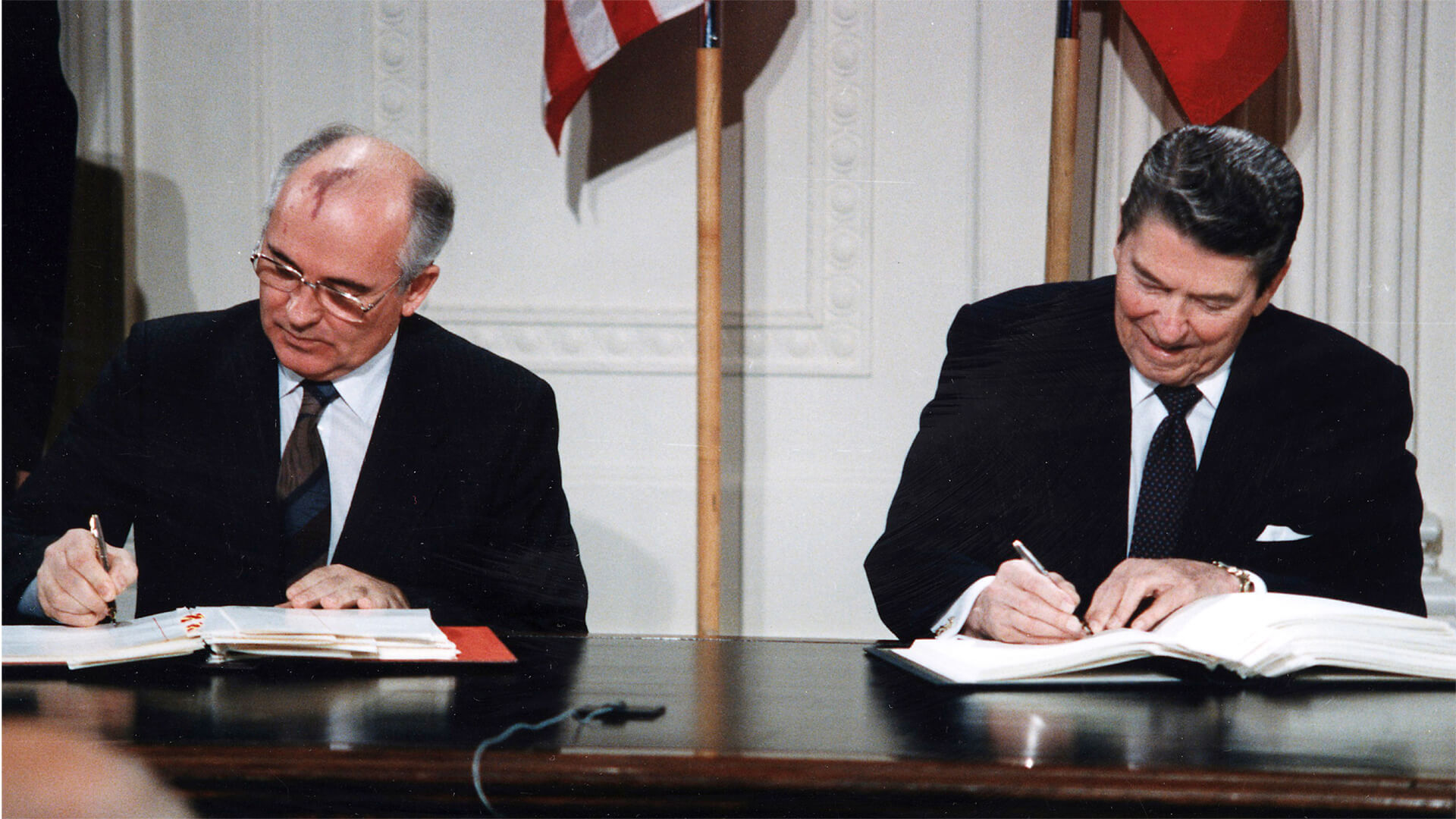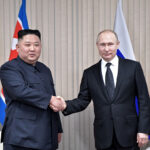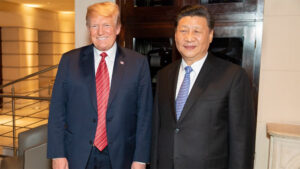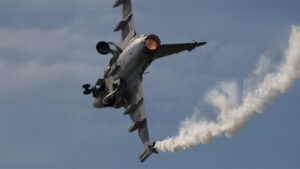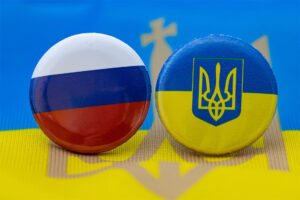If you’re looking for something to ponder over a glass (or two or three) of nice whiskey, you may want to save this newsletter and video for then…
Now that you’ve returned with your spirit of choice, we’ll be looking at the history of arms control treaties and today’s lack thereof.
Towards the end of the Soviet period, arms control treaties with the US peaked under Gorbachev, but each US President has handled these differently. Treaties fell off under Clinton, had a bit of a resurgence under George W. Bush, and have since fallen off. Today, the post-Cold War arms treaties have all but vanished (at least in practice).
Now, onto the really stressful stuff – cue the 2nd glass of whiskey. Without these treaties, several concerns arise…can Russia maintain its nuclear arsenal? What happens if things go nuclear? What if they launch a nuclear weapon and it fails?
There are too many moral and strategic dilemmas to even think through, but we should probably have some sort of roadmap to guide us through these scenarios. Unfortunately, policymakers have no established procedures for specific situations like a failed nuclear strike attempt, which is quite a conundrum.
Here at Zeihan On Geopolitics we select a single charity to sponsor. We have two criteria:
First, we look across the world and use our skill sets to identify where the needs are most acute. Second, we look for an institution with preexisting networks for both materials gathering and aid distribution. That way we know every cent of our donation is not simply going directly to where help is needed most, but our donations serve as a force multiplier for a system already in existence. Then we give what we can.
Today, our chosen charity is a group called Medshare, which provides emergency medical services to communities in need, with a very heavy emphasis on locations facing acute crises. Medshare operates right in the thick of it. Until future notice, every cent we earn from every book we sell in every format through every retailer is going to Medshare’s Ukraine fund.
And then there’s you.
Our newsletters and videologues are not only free, they will always be free. We also will never share your contact information with anyone. All we ask is that if you find one of our releases in any way useful, that you make a donation to Medshare. Over one third of Ukraine’s pre-war population has either been forced from their homes, kidnapped and shipped to Russia, or is trying to survive in occupied lands. This is our way to help who we can. Please, join us.
Transcript
Hey, everybody. Peter Zeihan here, still in Arizona. Last Friday, we talked about the pending deal for weapons transfers between North Korea and Russia, with the Russians getting North Korean artillery and most likely the North Koreans getting Russian launch technology, probably long range missiles. I thought it might be worth to do a little walk down memory lane today about arms control, most meaningful arms control that the United States has participated in, the shape the world was between the Americans and the Soviets at the end of the Soviet period under Gorbachev.
Things like the anti-ballistic missile Treaty, the start and the SALT treaties and such. They hit their height under George Herbert Walker Bush, which under that administration, and then Gorbachev and Yeltsin negotiated down the ceiling for nuclear weapons from 30,000 to under 6000, well, roughly 6000. And then things kind of stalled under the Clinton administration. Clinton saw himself as a domestic president, really was not interested in foreign affairs much at all.
And after it became apparent that Yeltsin was, well, let’s just call him mildly corrupt, the desire to be affiliated with the Yeltsin government was relatively thin anyway. Al Gore kind of was subcontracted out to handle foreign affairs. But once Clinton got involved in domestic scandals involving interns, pretty much all foreign policy just kind of melted away. And so we didn’t have much progress under that administration.
The administration came in and hit the ball fairly well with Vladimir Putin in the early days. In fact, many things that the United States did in the global war on terror in Central Asia wouldn’t have been possible without a partnership with the Russians and under that sort of environment. There is a bit of a renaissance in relations and there was another phase two arms control which negotiated down the level further.
It wasn’t perfect because the level went from roughly 6 to 7000, down about 1500. But the missiles I’m sorry, the warheads in between weren’t necessarily destroyed. They were simply removed and stored separately. Still better than being on the hair trigger, but it wasn’t perfect. Under Obama, Obama didn’t like to leave the Oval Office unless it was for the campaign trail and nothing happened under Trump.
What was left of the treaties kind of fell apart as the Russians fell into this narcissistic fascism that they’re in today. And then obviously under Biden relations of torpedo completely because the Russians are on a genocidal warpath. Where this leaves us is that the Cold War, post-Cold War treaties, for all intents and purposes, are gone. As of a few years ago, no one was really abiding by them, and now everyone’s pretty much officially withdrawn from them.
About the brightest spot we’ve got in that is that the Russians very clearly are having industrial issues in maintaining their conventional weapons. That’s an open question whether or not they’re capable of maintaining their nuclear weapons. Now, this puts the Biden administration really all administration’s for countries that have nukes, which includes the French and the British as well, in kind of an awkward spot, we now need to entertain scenarios where the Russians would actually be willing to hit the big red candy button.
They probably wouldn’t do it. And less regular Ukrainian or God forbid, NATO forces crossed the international recognized border into Russia proper. Which case would be defensive use or if the Russians do manage to subdue Ukraine, that doesn’t really solve their security issues. They have to continue on into Romania, Estonia, Latvia, Lithuania and Poland in order to narrow the apertures of approach for foreign forces to Russia.
Russian Alliance. Also, this has always been about, but we now know that Russian forces are kind of crap. And in that scenario where they’d face off against NATO’s irregular forces, they’d probably be obliterated. Casualty ratios would be extreme on the Russian side, and that would only leave them with nukes in order to compensate, which is one of the reasons.
What’s the primary reason why? Washington, London, Berlin, Paris and the rest have been so gung ho on helping Ukraine in order to forestall that possibility. But it also raises what could potentially be the nightmare scenario. We know that the Russians are having problems maintaining everything, and we know the Russians have lacked the industrial capacity to build new stuff.
So everything they have is old. In the case of these missiles, things that were built in the seventies in many cases. So what happens if Putin hits that big button and nothing happens? What do you do to someone who just tried to kill half a billion people but failed? No criticism of the Biden administration here. That’s a tough call that no one has ever faced when they’re sitting in the big chair before.
It’s not destined to happen. But I would say from an arms control nuclear power point of view, that is my single biggest concern right now. What do you do when the intent is there, when all the pieces are there, but on the day that you hit the button, it just doesn’t happen to work because you know they’re going to hit that button again, again and again and again, again, very, very quickly.
And we no longer have the procedures in place to try to diffuse that situation, largely because the Russians have ended them. So if you want to stress about something, I give you permission to stress about that. Take care.

